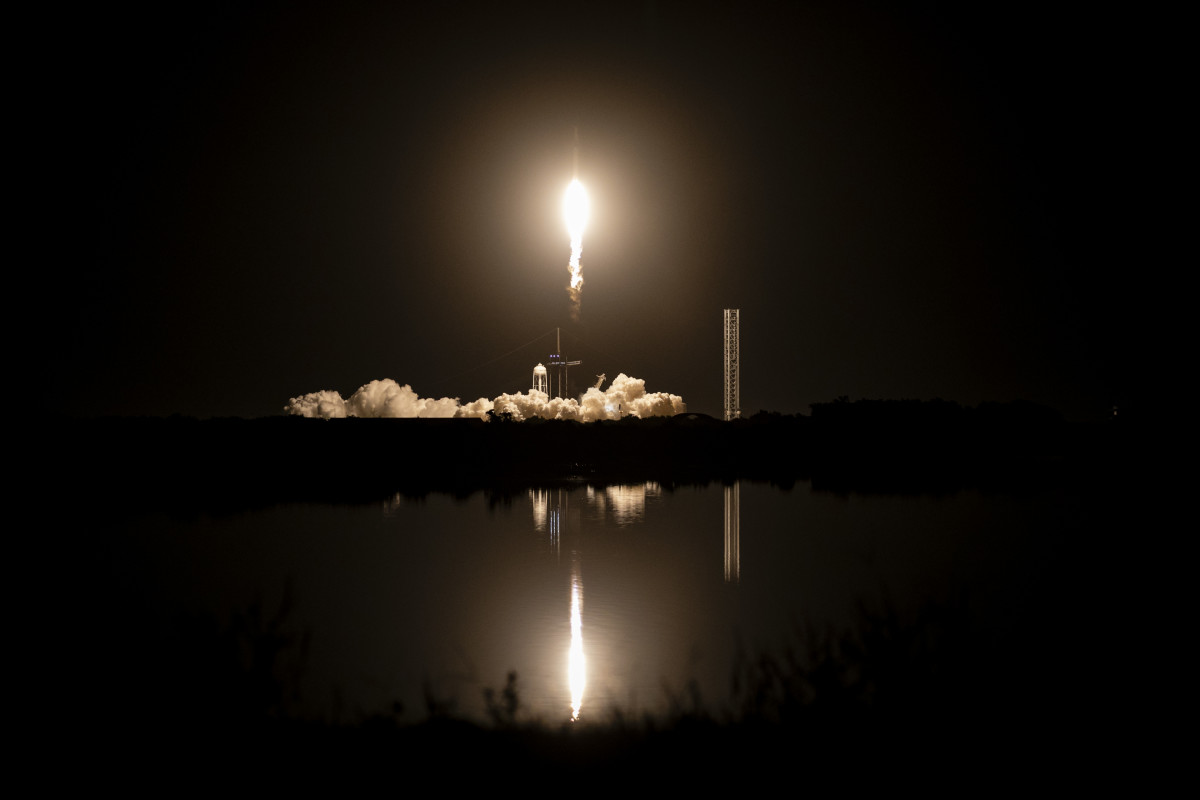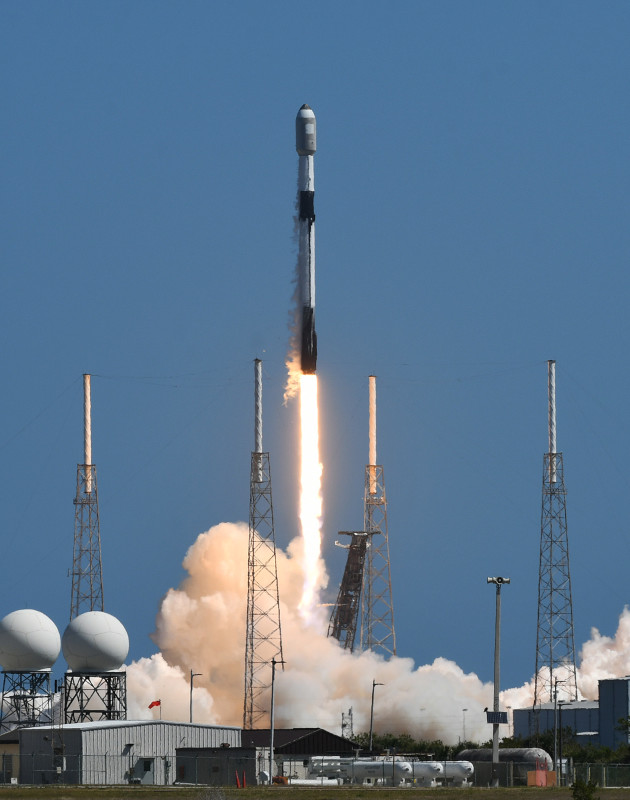
Starlink, the satellite internet arm of Elon Musk's SpaceX, earned $1.4 billion in revenue in 2022, the Wall Street Journal reported. The year before, the space exploration company's satellite internet constellation brought in only $222 million in revenue.
SpaceX opened its Starlink satellites to the public in 2020 and has since grown to more than 1.5 million users; despite this steady growth, the company's revenue numbers for the previous year are heavily lagging behind its own predictions.
In 2015, SpaceX projected that Starlink would bring in $12 billion in revenue by 2022, according to the Journal.
Related: Investor says $150 billion SpaceX valuation seems too good to be true
SpaceX, which remains a private company, was valued at $150 billion in July. It told investors at the time that it expects to earn $8 billion in revenue for 2023, about double the revenue SpaceX earned in 2022.

SpaceX currently has a constellation of more than 5,000 Starlink satellites in low orbit around Earth, though it has plans to bring that number to the 40,000 range.
SpaceX vice president of Starlink and commercial sales, Jonathan Hofeller, said during a panel Wednesday that the company is no longer taking losses to make its Starlink terminals.
The terminals, which allow users to access the service, initially cost the company $3,000 a piece to build. That number fell to $1,300 by 2021 and has continued to drop.
Musk, who supplied the Ukrainian government with Starlink access at the onset of the country's invasion by Russia, recently came under fire after an excerpt from Walter Isaacson's new Musk biography revealed that the billionaire refused to grant Ukraine's military internet access in specific scenarios.
The Ukrainian military was attempting to destroy a Russian fleet at Sevastopol in Crimea in 2022, an event that Musk thought could incite nuclear warfare. He subsequently refused their request to turn on internet access to Crimea.
How did Musk know details of Ukraine's strategic military plans in the war with Russia
— A Planetary Citizen 🌻☮️ (@Boadicea12) September 11, 2023
Why the hell did he tell the Russians?
It's incredibly disturbing that one insanely wealthy individual has the power to meddle in affairs like this. #ElonMuskIsATraitor pic.twitter.com/9QMM9tLbvf
“How am I in this war? Starlink was not meant to be involved in wars," Musk told Isaacson. "It was so people can watch Netflix and chill and get online for school and do good peaceful things, not drone strikes.”
If you work for SpaceX, contact Ian by email ian.krietzberg@thearenagroup.net or Signal 732-804-1223
Action Alerts PLUS offers expert portfolio guidance to help you make informed investing decisions. Sign up now.







